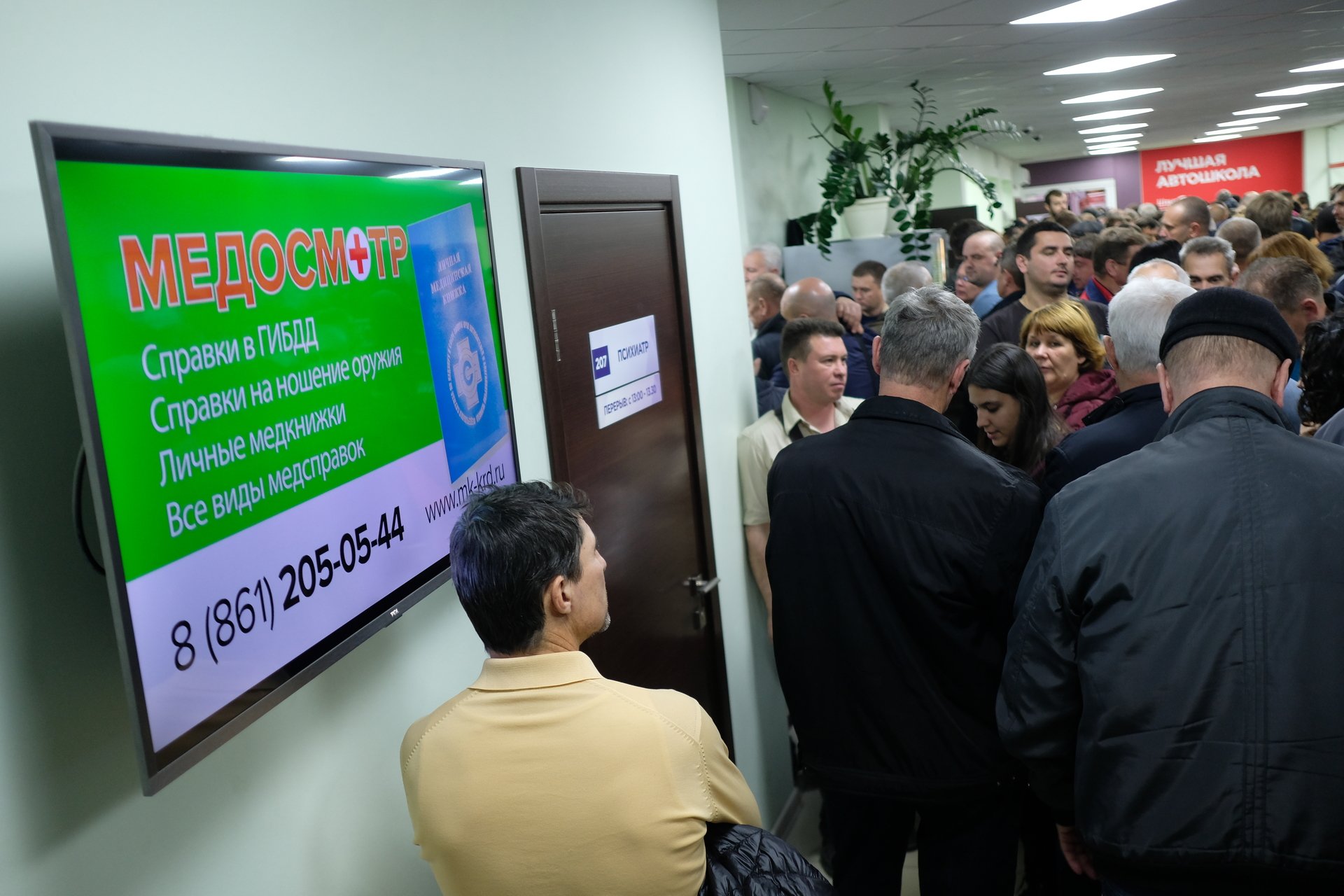A group of deputies from "United Russia" submitted to the State Duma a bill proposing to strengthen state control over the circulation of weapons and toughen the passage of a medical examination.
This was reported on the website of the lower chamber.
The document proposes to supplement the Federal Law "On Weapons" with the concept of "medical contraindications to the possession of weapons."
The list of such contraindications will be determined by the government.
For persons who have not passed a medical examination, a ban is introduced on the acquisition, storage, carrying and use of weapons.
At the same time, it will be possible to undergo a medical examination only in state or municipal institutions.
“It will include chemical and toxicological studies, as well as psychological testing.
Upon successful completion of the examination, an electronic conclusion signed by a qualified signature will be generated, which is placed in the GIS of the Ministry of Health, ”the Duma explained.
The Rosgvardia will have access to this register.
As one of the authors of the initiative, the head of the Duma committee on information policy, Alexander Khinshtein, explained, a person will no longer need to carry certificates from office to office.
“It is important that the very possibility of providing false medical certificates is eliminated.
According to the current legislation, Rosgvardia cannot check whether a person is registered in a neuropsychiatric dispensary, ”the Duma stressed.
In addition, if a person who has already received a weapon permit, contraindications are revealed, such as the discovery of traces of drugs after an accident, this data will be transferred to the GIS of the Ministry of Health and the Russian Guard, after which the permit and license for weapons will be suspended, and the person over 30 days will have to undergo an extraordinary medical examination.
Weapons for this time will be withdrawn from him.
RIA News
© Nikolay Khizhnyak
In addition, the deputies propose to keep an electronic record of weapons, cartridges and their owners in the GIS of the Russian Guard.
“I am sure it will reduce the risk that weapons will fall into the hands of inadequate people or drug addicts.
Although a lot, of course, will depend on the doctors and their ability to identify deviations in health, "- said Khinshtein.
Presidential press secretary Dmitry Peskov, commenting on the initiative, noted that serious work would be required for its implementation, which would take into account all aspects.
“Naturally, security considerations should come first here,” Peskov emphasized.
Recall that on May 13, at a meeting with members of the government, Vladimir Putin announced the need to tighten requirements for the owners of civilian weapons, as well as tighten control over their circulation.
“The decisions here must be well-grounded, of course, and, of course, tough.
Personal responsibility for all persons who issue permits for weapons, as well as provide the necessary documents for this, should be just as tough, ”the head of state said.
Putin stressed that strict order is needed in this area, and demanded to completely exclude situations when a certificate can be “just bought for money, sometimes without even coming for an examination”.
In turn, the head of the Russian Guard, Viktor Zolotov, during the meeting voiced a number of proposals to strengthen control over the circulation of weapons.
In particular, he proposed to issue semi-automatic weapons to citizens only after five years of possession of a conventional smooth-bore weapon.
He also proposed introducing compulsory psychological testing when obtaining permission to own a weapon.
In addition, Zolotov urged to exclude the practice of issuing such documents in private medical institutions.
“I believe that it is necessary to issue such certificates not in private clinics, but in government agencies, in state medical organizations, because it is private clinics that issue such certificates,” he said.
At the same time, Zolotov called it necessary to return to the age limit of 21 in order to obtain weapons permits.
According to the head of the Russian Guard, by this age people become more psychologically stable.
To the gallery page
Calls to tighten control over the circulation of weapons resumed after the tragedy in the Kazan gymnasium on May 11.
A 19-year-old resident of Kazan, Ilnaz Galyaviev, entered the city gymnasium No. 175 and opened fire with a gun.
Nine people were killed in the attack, including seven children.
Another 23 people were injured.
Shortly before that, Galyaviev received a license to own civilian weapons, after which he legally acquired a gun.
The attacker surrendered to the police officers who arrived at the scene. On the fact of the incident, the RF IC opened a criminal case under Part 2 of Art. 105 of the Criminal Code of the Russian Federation ("Murder of two or more persons"). At the trial, Galyaviev fully admitted his guilt.

